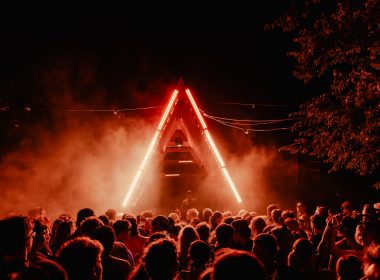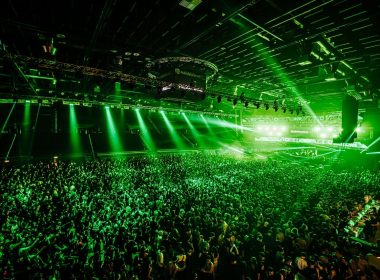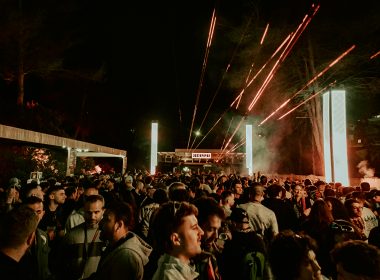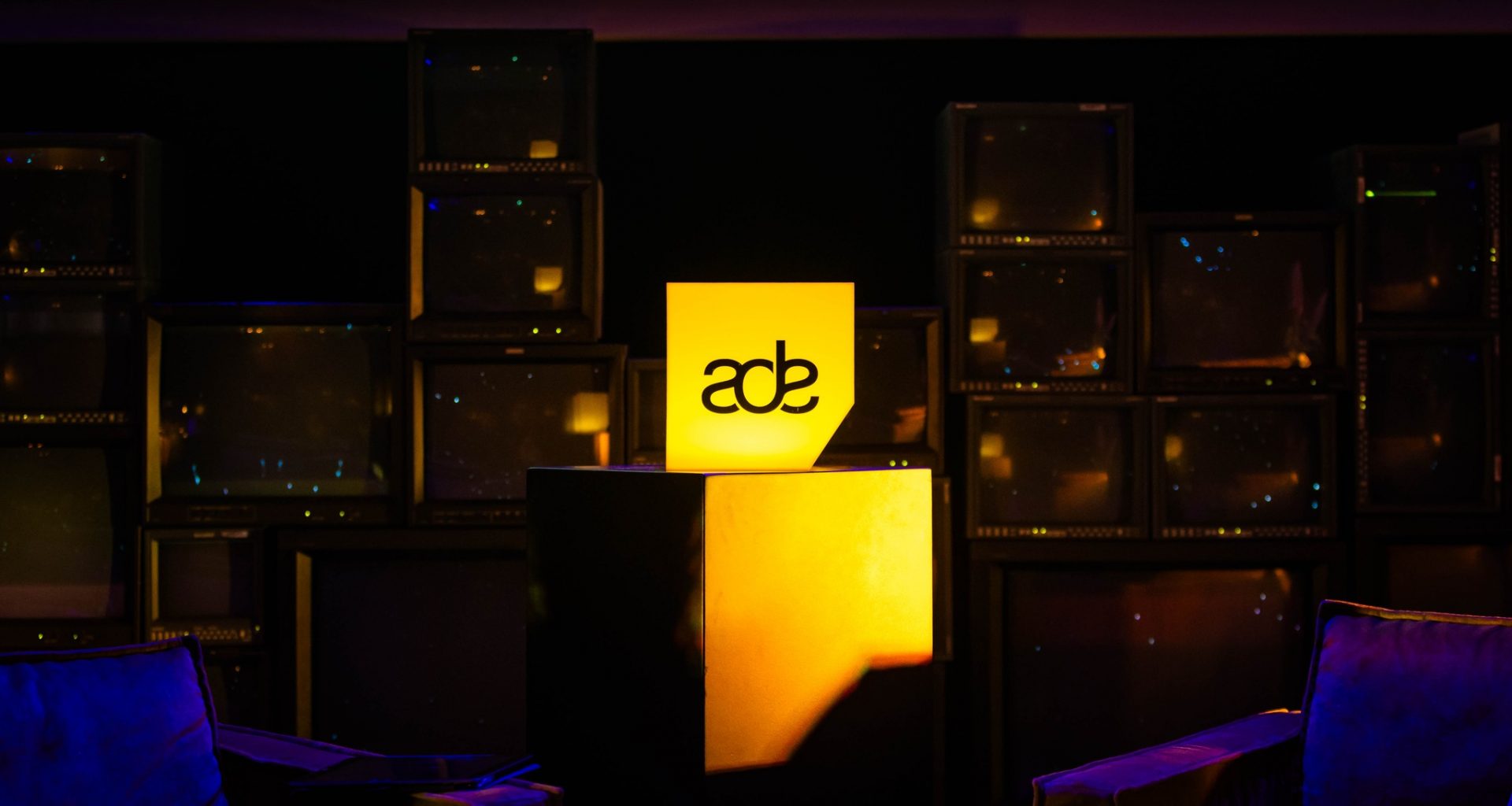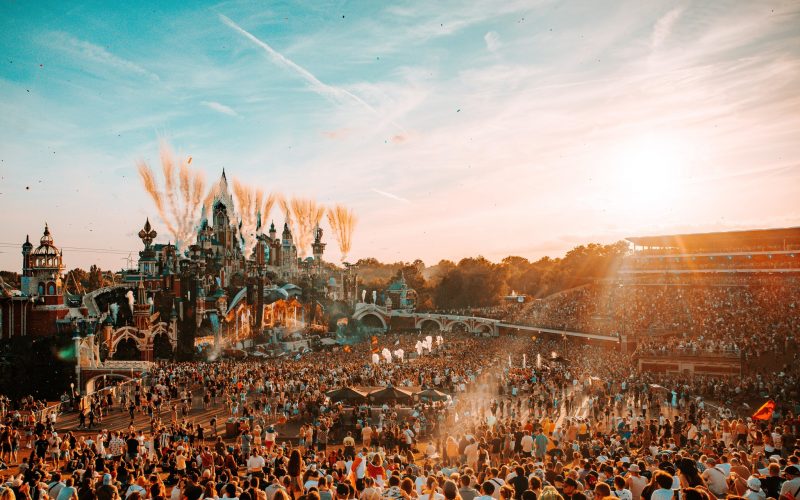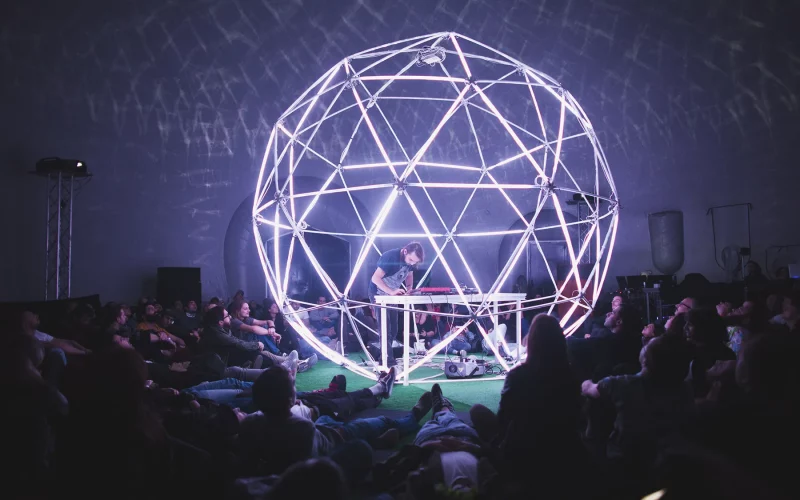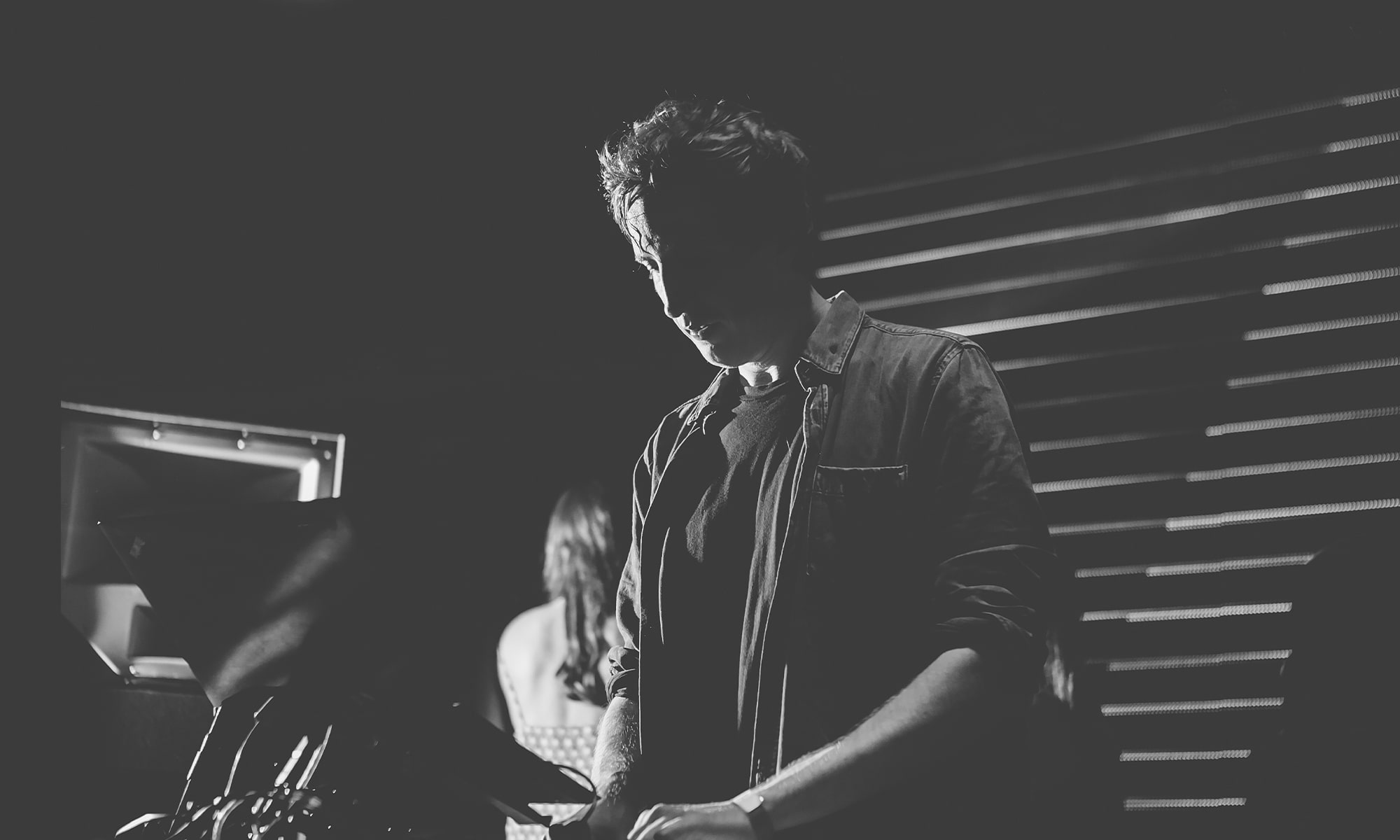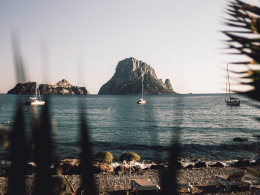As we’re still recovering from the emotional rollercoaster of our annual pilgrimage to the Netherlands, we’ve taken a moment to reflect on what defined our journey through Amsterdam Dance Event 2023. Every October, the Dutch capital is teeming with artists, managers, A&R and countless different personalities sharing valuable insights into the current and future state of the industry.
So, what have been the key takeaways? Here are our top observations for you to weigh against your own experiences.









Diversity and equality in the spotlight
Let’s get straight to the point. White, cis-het male DJs are taking a backseat, and it’s about time. Queer, feminine, and non-normative identities are capturing the attention of the new generation. Brands are aware of this shift, but will they genuinely support it in the long run? Will they continue to champion them in the next 10 years?
During the ADE Pro Conference Program, we had the privilege of gaining insights from leaders like HE.SHE.THEY, Defected‘s Head of Inclusion, and the Catalan platform Maricas. These discussions offered a holistic approach to inclusion, creativity, and driving change in the electronic music scene. However, major corporations need to grasp a fundamental truth. This isn’t a passing trend; it’s been the essence of our industry for a lifetime. We don’t want year-round pinkwashing. Another great example on the dancefloor was the b2b by KI/KI and Armin van Buuren, certainly one of the most curious of the whole week!
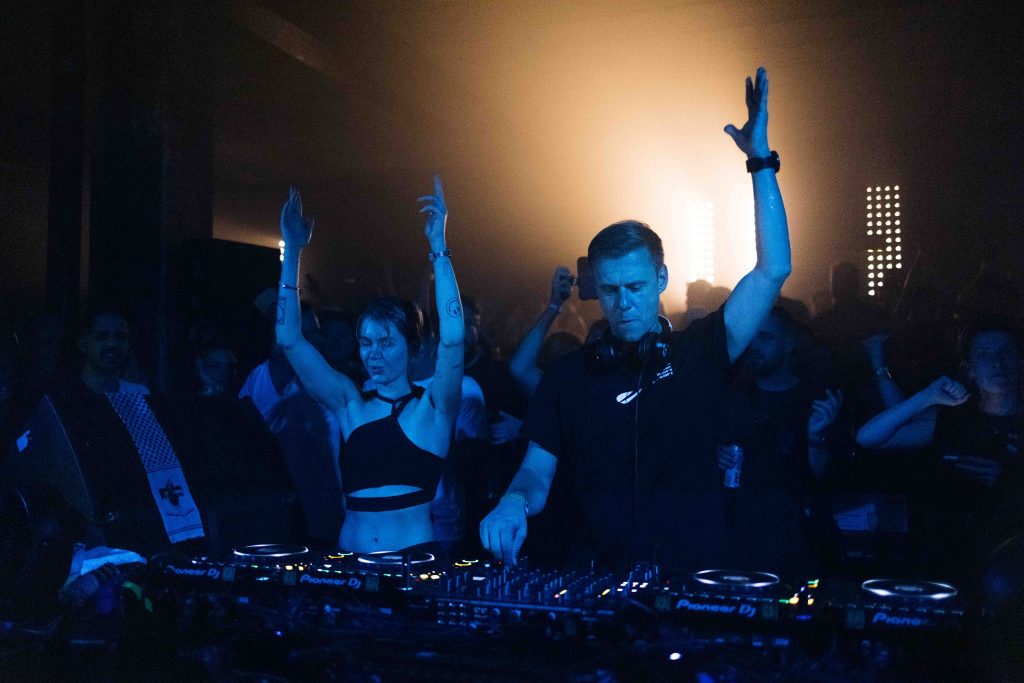
Keeping it real and human on socials
It might sound like a joke, but it’s the new reality. Authenticity is increasingly valued on social media. Display your true or pretend to be your genuine self; either way, it’s about being real. True connections are established when the audience sees themselves reflected in the content they consume. And most importantly, it’s about selling your product while maintaining these qualities.
We delved deeper into this topic at ADE with the insights of Dillon Francis, the enduring icon who captivates his audience with a unique sense of humor. Fortunately, humor is intrinsic to his personality, so Dillon confessed that he doesn’t follow a strategy for directing his social media but instead goes with his instincts.
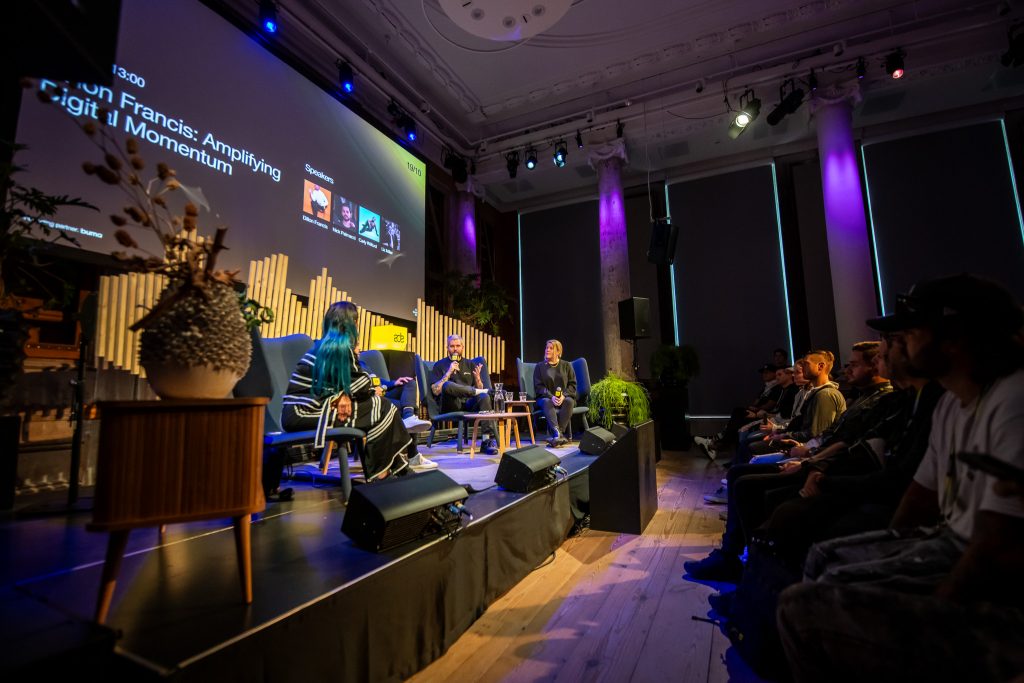
How far will we go with AI?
First, it was environmental concerns, then feminism, and now, artificial intelligence. This tool is triggering a genuine revolution in the music industry, as evidenced by the various panels dedicated to it in Amsterdam. But the burning question is, what are the true horizons of AI in music? This technology is transforming music creation, distribution, and the overall music experience in astonishing ways. AI algorithms can compose original music, and AI is being used to analyze music data and trends, assisting record labels and artists in making more informed decisions about when and what songs to release.
In the electronic music realm, the possibilities are further multiplied, given its tech-savvy nature. As AI continues to advance, the music industry stands at a crossroads, where human creativity merges with the limitless potential of technology. Will we lose the essence along the way? The opinions on this matter are indeed controversial, as Joris Voorn pointed out in our interview: “As an artist, you have to create your own story, and letting AI do it is a bit like cheating.”
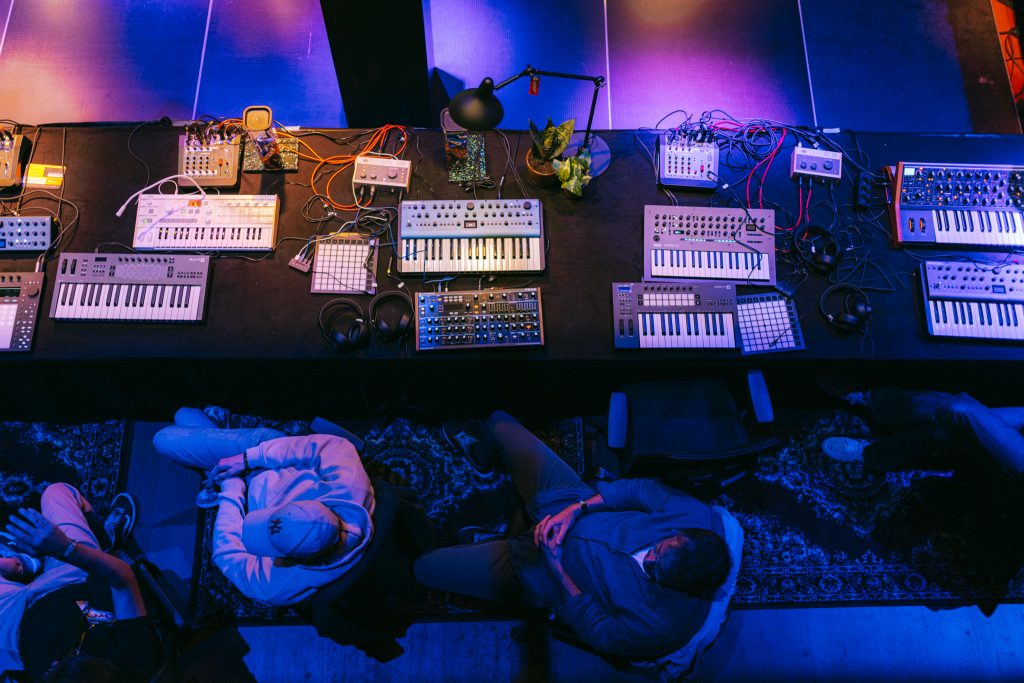
Mental Health – Discussing vs. Working On It
The discussion around mental health has gained prominence in recent years, perhaps more so due to the uncertainties stemming from the pandemic, the impact of social media, and the rising cost of living. Despite increased awareness of the challenges faced by artists, producers, and industry workers, the critical question is whether effective action is being taken to address these issues. The constant pressure of tours, late-night schedules, public exposure, and potential substance use often significantly affects mental well-being.
As a creative industry, we’re expected to put on a brave face at all times. So, what tools do we need to stay focused and not just survive but thrive? While solutions are still being established, it’s essential for discussions around mental health to be accompanied by concrete and sustained actions. The first step undoubtedly involves broader access to mental health services and emotional support, especially for those in the industry who may lack the necessary resources.
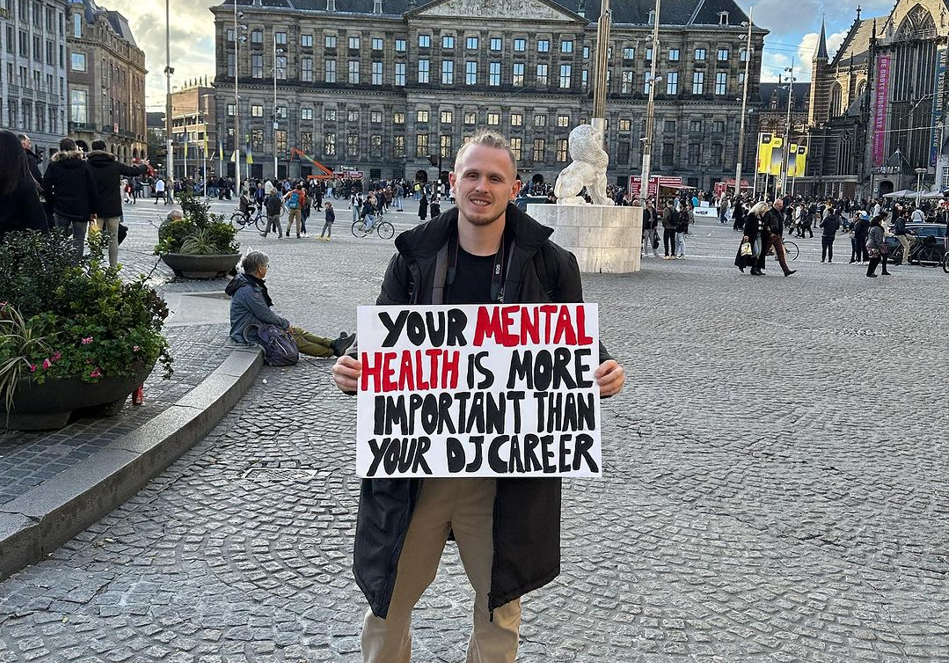
Sustainability initiatives keep delivering – all they lack is a community’s push
Dutch do it better when it comes to pioneering sustainability and this year’s ADE Green has proven that the conversation is here to stay. With European Green Festival Roadmap 2030 in place, big festivals make bold moves towards implementing circular economy frameworks, but smaller events, however, still face a lot of struggle, as they don’t have enough volumes for governmental support. When it comes to promotion – artists’ advocacy around the green-matter, just like in all the social causes, is still believed to be key channel for reaching dancing human beings.
This year, innovation made its humble appearance at selling-out events like Monkey Project’s party, where Blond:ish’s Bye Bye Plastic and Happy Cups launched their recent product – cups created out of living bacteria derived from used cooking oil. Isn’t that major? Absolutely Yes. But, does the “i’m on the guestlist” crowd care enough about spreading the word on bioplastic cups, when posting the “I’ve been in The Loft” stories? We hope they do! We hope we all do, in fact.
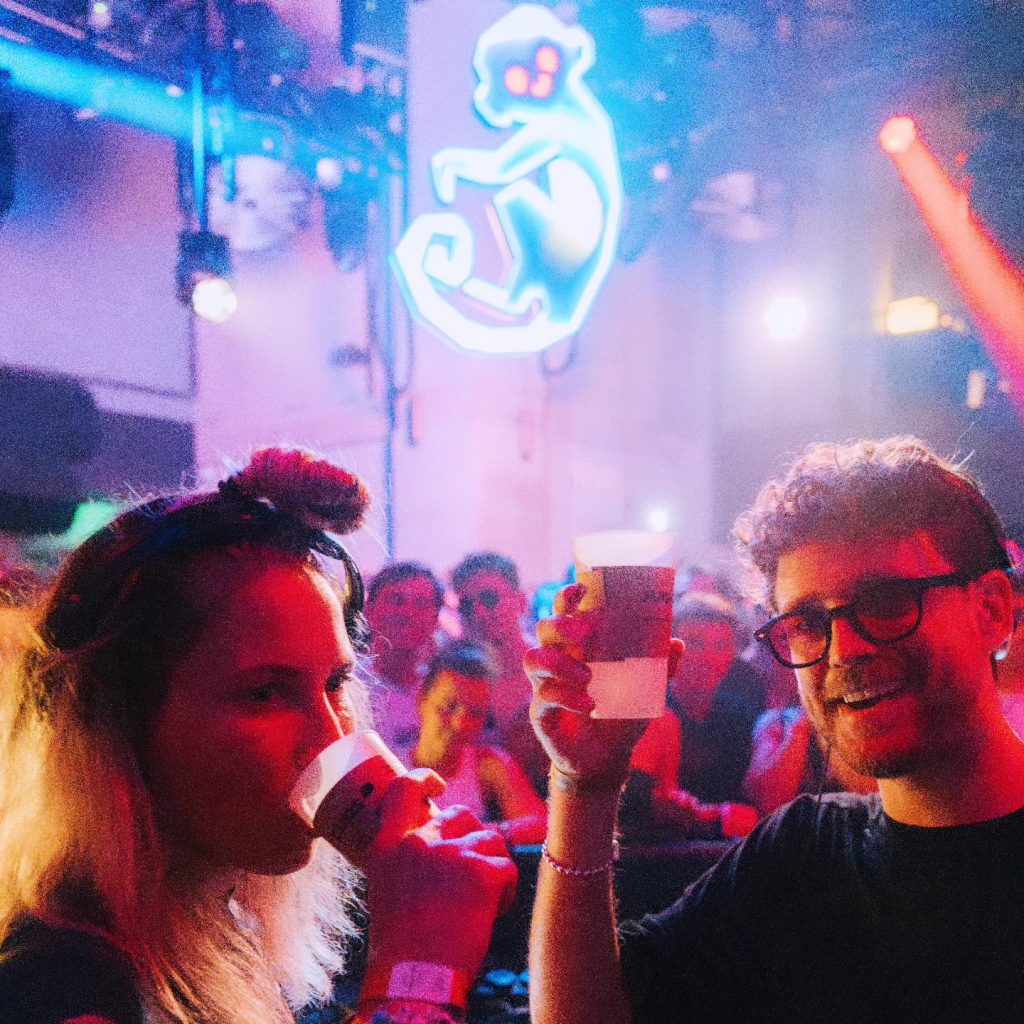
Clubbing goes mainstream
The double-edged sword of our industry. The loss of underground authenticity and the influx of money. How many investors in this business are genuinely passionate about music? Because we often forget that music is a business. Industry professionals assert that these investors are drawn to the high engagement rates, technological integration, and the growth trajectory of nightlife after the COVID-19 lockdowns.
Furthermore, electronic music is experiencing a significant boom, thanks to platforms like TikTok. As a result, we find ourselves in a musical landscape where clubbing is attracting a more diverse audience, possibly less committed but undeniably larger. The big question is, is the person dancing next to me truly passionate about this culture, or are they just here for show? These are some of the burning questions that have emerged from ADE.
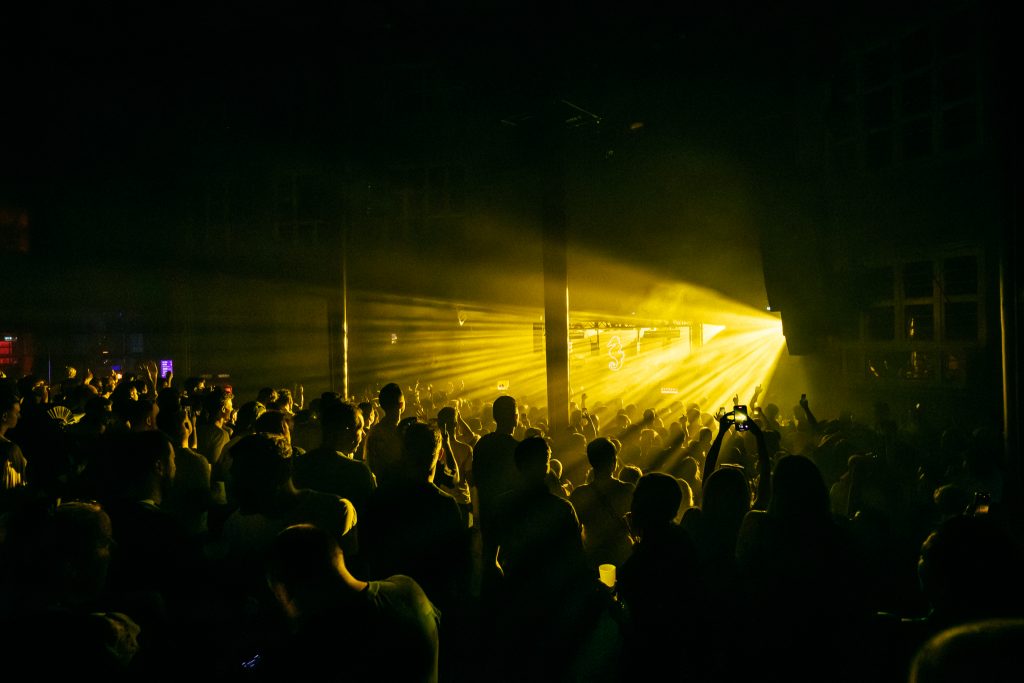
Amsterdam Dance Event 2023 has provided clear signals for the future of electronic music. Authenticity on social media, the role of artificial intelligence, and the evolving clubbing scene are taking center stage. While the music we love continues its journey into 2024, we can undoubtedly expect many surprises along the way.




